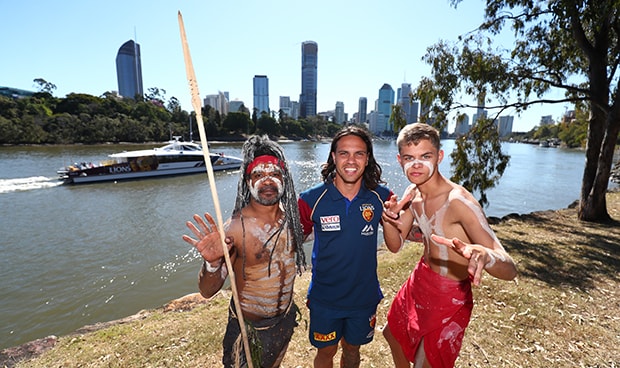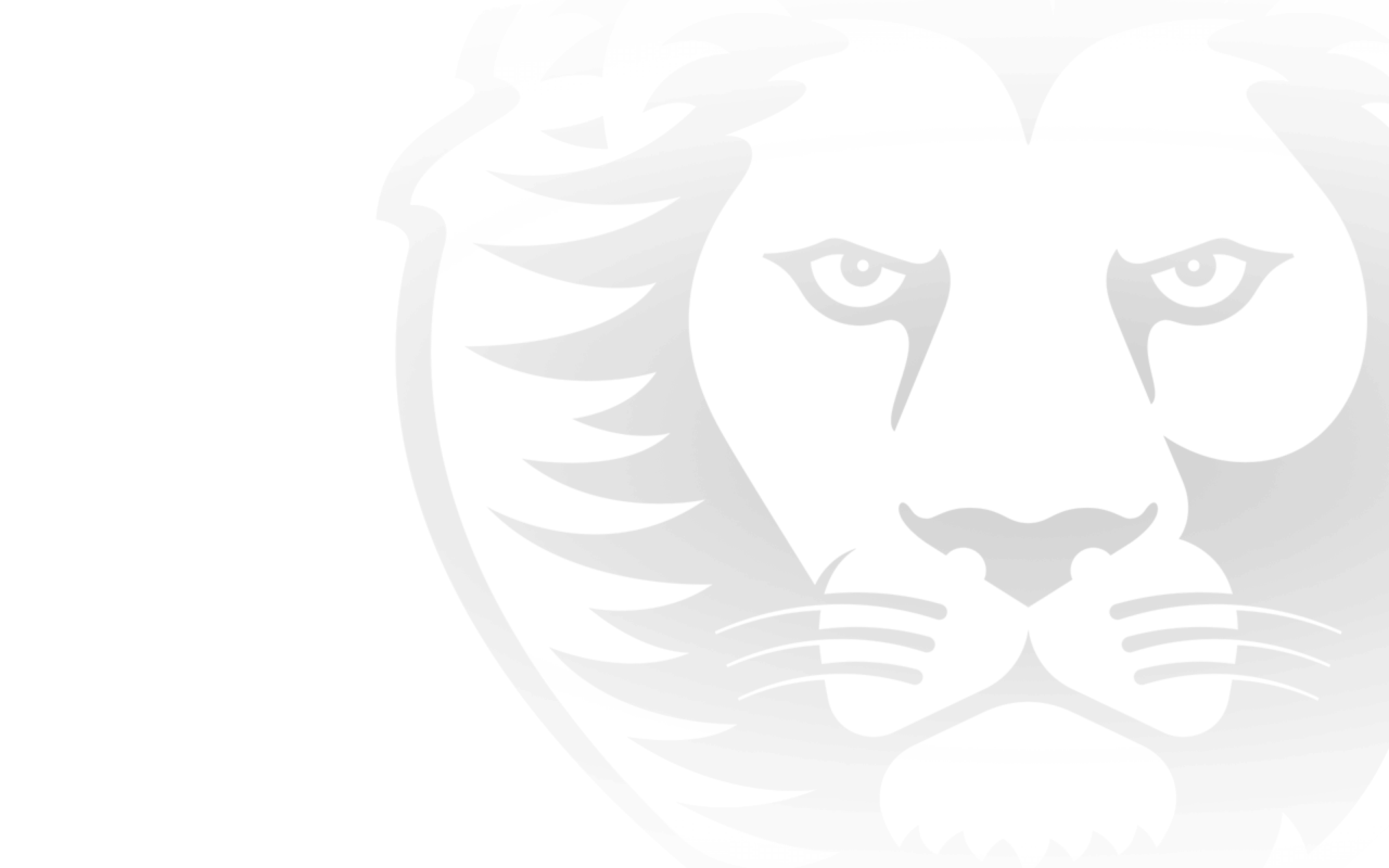Allen Christensen shares his story about finding a purpose beyond football during his injury-stricken 2017 season. Read his Player's Voice column for AFL Players' Association below:
Getting back to playing consistent football in 2018 has been a challenging road.
I’ve spent much of my time at the Brisbane Lions in rehab so it was great to string together 22 games this year and get back to playing.
Being able to play every game for the first time since 2015 is something I’m proud of and don’t take for granted. Because of that, I’ve spent some time reflecting on my journey since the season finished and it led me to speak about my experiences with
Talking in front of an audience and sharing my story in an open way is something that I previously wouldn’t have been comfortable doing, but being part of that panel has led me to want to share my story more broadly. It was a beneficial experience for me.
Many people wouldn’t know this, but after breaking the plate in my collarbone in 2017, I thought my playing days could be over.
There were definitely times where I thought I couldn’t keep doing this because it felt like I was doing the same thing over and over, but with negative results.
Fortunately, I had my rehab coach Sel Griffiths supporting me through.
Putting in the effort to finish my rehab the right way and sustaining recurring injuries became quite frustrating but Sel made sure I kept my head up.
We spent most of my time together and he made sure that if I was having a bad day he would get me in and out of the Club pretty quickly.
I couldn’t have imagined how tough that might have been for Sel during those times because I know I was a bit of an asshole to deal with but I couldn’t have done it without him.
There were days there where I thought ‘I don’t know if I can get out of bed today’ because I didn’t have the motivation to go into the Club.
Those moments led me to seek assistance from Brisbane’s Head of Welfare Andrew Crowell and speak about what could happen if I broke my collarbone again and my career ended.
We spoke about a career path post-football and we found a couple of passions: coaching and indigenous affairs.
I threw myself into working on those passions and it made me want to keep coming into the Club because I knew I was doing something worthwhile.
I spent time with the NEAFL team and decided that I was going to help the Lions move forward in indigenous areas.
During my time in rehab, I worked with the Club in creating their first Reconciliation Action Plan, which we launched in August.

I want Brisbane to be a place that indigenous players want to be a part of, so when we draft a young indigenous kid their family knows that they are going to be taken care of.
I wanted the families to know that their son or daughter is going to be cared for and know about their culture.
The biggest thing for me is that the Club stays on the right track. I make sure I am doing my part and the Club makes sure they are doing their part.
We’re creating a really welcoming and inclusive environment on the inside and on the
Brisbane knew that by supporting me in what I was going through, it would help get the real me back, not the one that was sitting on a bike and didn’t want to see anyone.
I’m really thankful to the Club for doing that and it definitely kept my mental health positive.



